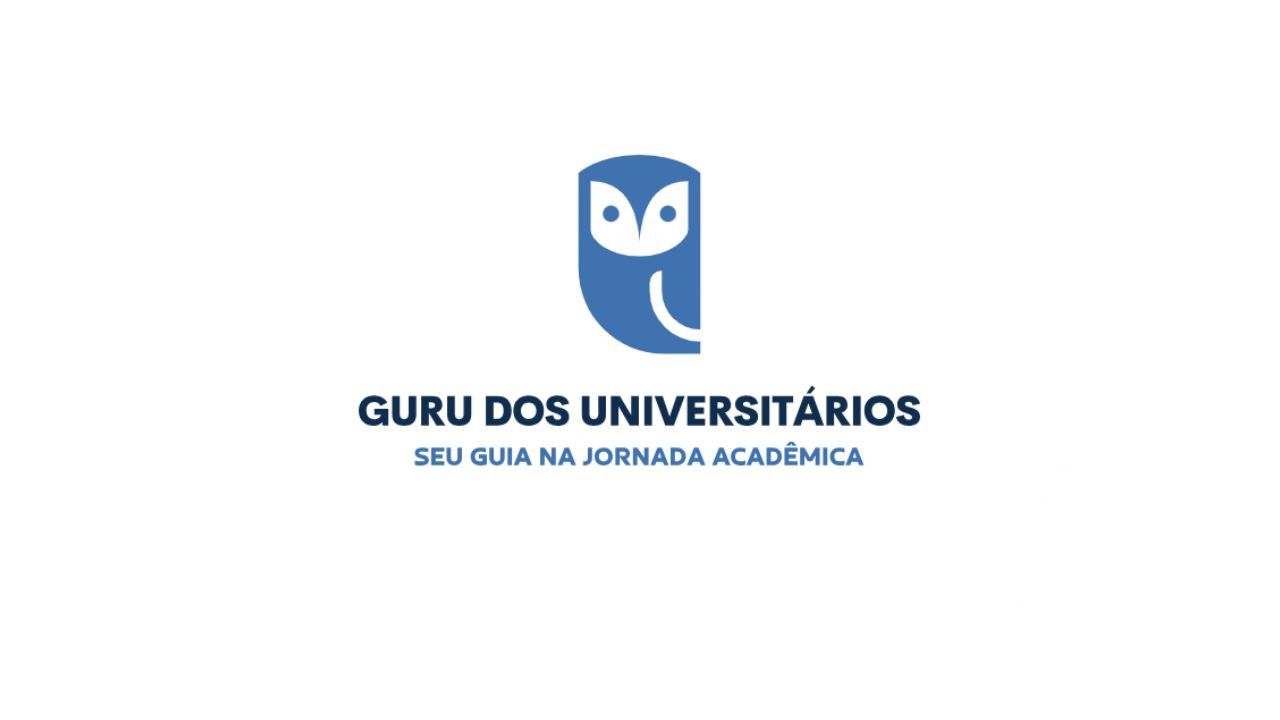How to Prepare for University Exams: Tips and Strategies
Understanding the Exam Format
Before diving into study sessions, it's crucial to understand the format of your exams. Are they multiple-choice, essay-based, or a combination of both? Knowing this helps you tailor your study techniques. For instance, practice essays are essential for essay-based exams, while practice quizzes are beneficial for multiple-choice tests.
In addition, check if there are any subjects that require specific materials, such as a calculator for math or a specific textbook for literature. This ensures you're not caught off guard on exam day.

Creating a Study Schedule
One of the most effective ways to prepare for exams is by creating a study schedule. Break down your subjects and allocate specific times for each. This not only helps in managing your time effectively but also ensures that all subjects get covered.
Use tools like planners or digital calendars to keep track of your schedule. Set reminders to ensure you stick to your plan. Consistency is key, so try to study at the same time each day to build a routine.
Studying for Science Subjects
For subjects like chemistry, biology, or physics, focus on understanding concepts rather than rote memorization. Use diagrams and flowcharts to visualize processes. This can be particularly helpful in subjects like biology where processes are complex.

Practice Problem-Solving
Work through past exam papers and textbook problems. This not only helps in understanding the format but also improves speed and accuracy. Group study sessions can be beneficial for discussing complex problems and sharing different perspectives.
Preparing for Humanities and Arts
Subjects like history, literature, and philosophy often require you to form arguments and critically analyze texts. Focus on understanding key themes, arguments, and historical contexts. Create summary notes and mind maps to consolidate your understanding.

Engage with the Material
Discussing topics with peers or joining study groups can deepen your understanding. Teaching someone else is a great way to reinforce your own knowledge. Additionally, consider attending any review sessions offered by your professors.
Maintaining a Balanced Lifestyle
While studying is important, maintaining a balanced lifestyle is crucial. Ensure you get enough rest, eat nutritious meals, and engage in physical activity. These habits keep your mind sharp and reduce stress levels.
Remember, taking breaks is part of effective studying. Use techniques like the Pomodoro Technique to balance study and rest effectively. A short walk or meditation can help refresh your mind.

Staying Motivated
Finally, keep yourself motivated by setting small, achievable goals. Reward yourself when you accomplish them. Visualize your success and remind yourself of your long-term goals. Staying positive and focused can significantly impact your exam performance.
